Saul’s Light improves outcomes for babies and parents, family by family

In 2014, Kimberly and Aaron Novod’s son, Saul, was born prematurely at twenty-eight weeks and six days. He passed away after twenty days in the Neonatal Intensive Care Unit (NICU). Their son’s story and their experience in the NICU inspired the creation of Saul’s Light. This article explores how Saul's Light has grown to support families and work to address inequities in infant mortality and prematurity in Louisiana.
Novod started a support group for families with children in the NICU, and families grieving the death of a child. “We see ourselves in another person’s journey,” she said. Hearing stories from other mothers and families helped her manage her grief, but also taught her that the most vulnerable people were most likely to end up with a baby in the NICU or the death of a child. “It shouldn’t be that way at all,” she said. “I committed to making whatever kind of change I could.” Novod evolved the support group into an organization to support families with children in the NICU.
As she continued, Novod learned of how prevalent the problems of prematurity and infant mortality are in Louisiana, especially for Black and Hispanic families. The disparity is stark and undeniable. Black mothers in the NICU are twice as likely to lose their baby as their white counterparts. “This leads people to think there’s something wrong with Black people as opposed to anti-Black racism,” said Novod. She warns Black pregnant people, “Statistically speaking, you and your baby are in danger in this state.”
“I would highly recommend organizations that want to grow cautiously to partner with Serve Louisiana – it’s been the best thing for Saul’s Light.” —Kimberly Novod, Saul’s Light

One need identified early on was supporting families involved in the care of their babies in the NICU. According to Novod, research shows NICU babies have better outcomes when their parents are holding them, talking to them, and are part of shared decision-making around their care. Because the NICU is based in New Orleans, families with fewer means and who live farther away have a harder time visiting. Saul’s Light began raising funds to remove the transportation barrier, so that families could be close by. “It should not be determined based on financial privilege,” she said.
The more families Novod connected with, the more needs she identified, the more barriers she saw needed to be removed, and the clearer the scale of the problem became. Racism and poverty compounded the challenges facing pregnant mothers and families. To really make a change, Saul’s Light would need to evolve from Novod’s project to an organization with full-time staff and a bigger budget.
Novod found and applied for a Serve Louisiana Corps Member in 2021 to expand Saul’s Light’s staff to two. She said, “Working with Sophia Rosenblatt taught me how vital having a corps member in the organization could be.”
“We’re trying to even the playing field for the families and for the babies. They are literally the future of our city. We have to invest in their wellness early.”— Kimberly Novod, Saul’s Light

Rosenblatt helped Saul’s Light streamline processes and logistics, as well as collect and track data about the families they worked with, including demographics, race, income, and their most pressing needs. That enabled Saul’s Light to make the case for funders to support the organization. And that funding helped Saul’s light hire Rosenblatt permanently.
In 2022, Saul’s Light applied to Serve Louisiana for two additional corps members to add new programs. “Now that we do one thing successfully and effectively, we can do other programs we have wanted to do,” said Novod. “We’re trying to even the playing field for the families and for the babies. They are literally the future of our city. We have to invest in their wellness early.”
Currently, Saul’s Light is working with more than 100 families using a case management approach, learning each family’s needs and connecting them to community resources. This includes everything from mental health, emotional support, diapers, food, healthy start, and WIC, to legal assistance, information about safe sleeping, or funds for transportation. “They have access to information, resources, and support they would not otherwise have if not for Saul’s Light and our partnership with Serve Louisiana,” said Novod, concluding, “I would highly recommend organizations that want to grow cautiously to partner with Serve Louisiana – it’s been the best thing for Saul’s Light.”
As Saul’s Light improves outcomes family by family, Novod’s sights are set on the next level of impact. “Addressing social determinants to health: poverty, racism, and access is a problem for all of us, not just the groups missing out on that access,” she said. After all, “When you create access for one group, all groups will benefit.”
By: David Ferris
